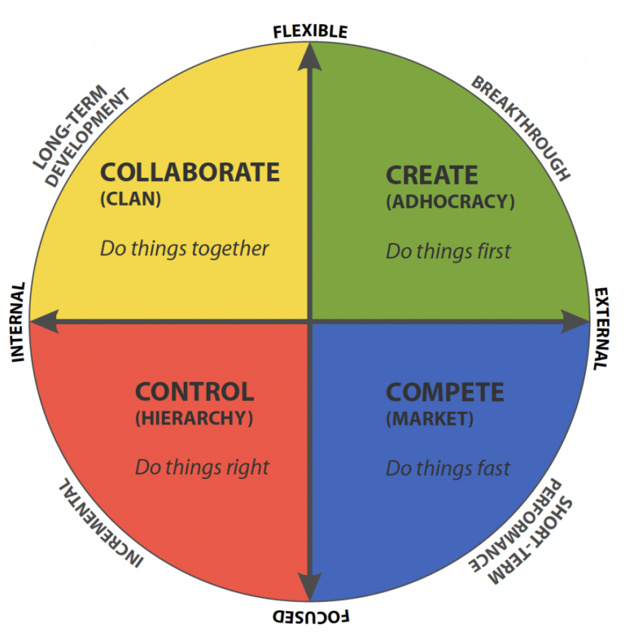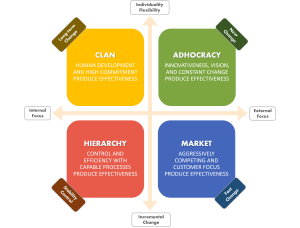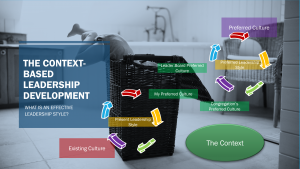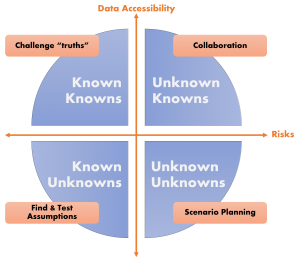What do you mean by ministry excellence in today’s settings?
Some folks will focus on diversity, including various age groups in your congregational demographics. Some discuss family-like bonding, celebration, spirituality, innovation, creativity, social justice, openness, winning more souls, control, stability, system, next generations, the graceful dismantling of your church, etc.
They all have valid points. Based on the Agile ministry development methodology, the just-in-time Ministry identifies the individual congregational culture as a context for its initial orientation for systematic ministry alignment and criteria for ministry execution with excellence. In other words, they are not fixed but depend on the congregation’s culture. Here, it would help if you looked into human psychological perspectives to draw a line between what ought to pursue and what would be accepted as ministry excellence. Let’s elaborate on this with an example. Let’s say a congregation with a dominant CLAN culture. If you attended one of their vision meetings and listened to what’s spoken among those who care about the congregation’s future, you would hear their necessity for getting back young families and children, new people from the local community, connection to local community connectors and influencers for serving on the need of community, justice activities, and beyond. Suppose you could ask what the most valuable ministry outcomes were. In that case, you might be surprised to hear all about the family-like bonding experiences, togetherness, and even the sense of oneness under the leadership of a father/mother-like pastor but nothing about market-driven success or innovative approaches. They want to invite more new, preferably unchurched, people despite all negative situations, but what they would appreciate is a family-like congregation and what they would avoid is drama and dynamics due to the foreign elements that ought to come together with new people. It sounds paradoxical.
 This diagram can help us understand the psychological perspectives. People flock and choose to stay with a church since they feel belongingness because its culture matches theirs to a degree. However, they shall talk about things and action items related to the other cultures than their dominant culture since they identify they lack things there. Still, it doesn’t mean they have the competencies and passion for carrying out a ministry or action items focusing on other cultures, nor would its success deserve the highest remark. The dominant culture inherits its criteria for ministry success, and its theory of effectiveness can be seen in the following diagram.
This diagram can help us understand the psychological perspectives. People flock and choose to stay with a church since they feel belongingness because its culture matches theirs to a degree. However, they shall talk about things and action items related to the other cultures than their dominant culture since they identify they lack things there. Still, it doesn’t mean they have the competencies and passion for carrying out a ministry or action items focusing on other cultures, nor would its success deserve the highest remark. The dominant culture inherits its criteria for ministry success, and its theory of effectiveness can be seen in the following diagram.
 The dominant culture of your congregation doesn’t represent everyone’s stance. Indeed, there could exist a broad spectrum of your congregational culture. Therefore, it is not possible to pinpoint one criterion for achieving ministry excellence. While some appreciate your ministry, your ministry may disappoint some simultaneously. We need a game-changing paradigm or strategy for ministry execution with excellence. It should begin with healthier your dominant culture, followed by an intentional intervention in creating a community journey matrix system within your congregation until there exists no dominant culture in your community, which means diverse people will find your congregation a safe place to belong. I discussed Internal Ministry Marketing (IMM) strategy in a previous post. IMM can help to foster a healthier dominant culture. I want to focus on the community journey matrix system in the following post.
The dominant culture of your congregation doesn’t represent everyone’s stance. Indeed, there could exist a broad spectrum of your congregational culture. Therefore, it is not possible to pinpoint one criterion for achieving ministry excellence. While some appreciate your ministry, your ministry may disappoint some simultaneously. We need a game-changing paradigm or strategy for ministry execution with excellence. It should begin with healthier your dominant culture, followed by an intentional intervention in creating a community journey matrix system within your congregation until there exists no dominant culture in your community, which means diverse people will find your congregation a safe place to belong. I discussed Internal Ministry Marketing (IMM) strategy in a previous post. IMM can help to foster a healthier dominant culture. I want to focus on the community journey matrix system in the following post.






